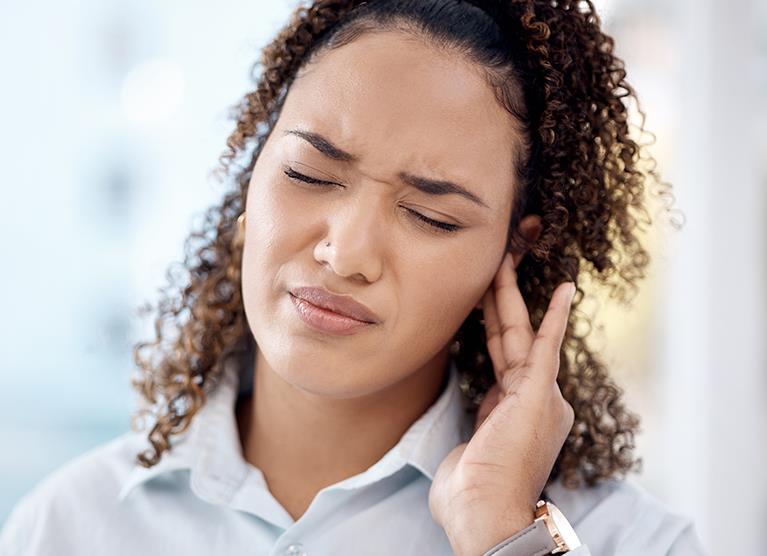Everyday Noises That Can Cause Hearing Loss
Make no mistake, our ears are sensitive. Every day, we put them through a lot.
While you may hear just fine now, continued exposure to everyday noises may cause trouble down the road. When we think of hearing loss, we typically think of it as a symptom of old age, but it can affect anyone—especially those who don’t take care of their health and don’t protect themselves against the loud noises of daily life.

What Level Is Safe?
It is recommended that you listen at levels of 75 decibels or below to help preserve your hearing. Unfortunately, not all noises can be controlled (such as traffic noise or overhead airplanes), so it’s important to take other steps to protect your hearing as much as possible.
Below is a list of sounds we hear every day that can play a big role in hearing difficulty and their approximate decibel ranges.
85–100 Decibels
- Garbage truck
- Power mower
- Motorcycle
- Snowmobile
- Jackhammer
110–140 Decibels
- Rock concert
- Firecracker
- Nail gun
- Ambulance siren
- Chainsaw
- Stereo system at maximum volume
It only takes about one minute of exposure to these sounds to develop permanent hearing loss. Now that you know the source of the dangers, what can you do about them?

Daily Habits That Affect Your Hearing
Here are some common habits and situations that can either protect or harm your hearing.
Headphone Use
Listening to music at high volumes through headphones can lead to permanent hearing loss. Aim for moderate volume, and follow the “60/60 rule” when possible (no more than 60% volume for 60 minutes at a time).
Not Wearing Ear Protection at Work
Don't make the mistake of not protecting your hearing! Many jobs require hearing protection due to high noise levels, including:
- Military roles
- Mining
- Manufacturing
- Agriculture
- Transportation
- Carpentry
- Plumbing
Lack of Exercise
Poor overall health has been linked to hearing loss. Regular exercise supports circulation and can help protect your hearing over time.
Smoking
Chemicals in cigarettes can affect overall health, including your hearing, by damaging the tiny structures in the inner ear that are crucial for hearing.
Having an Infection
Not properly treating ear infections can cause damage over time, which may contribute to hearing loss. Seek medical care if you suspect an ear infection.
Excessive Drinking
Studies have shown that lifelong heavy drinking can interfere with the brain’s ability to interpret sound accurately.
Poor Dental Hygiene
Bacteria found in the mouth can enter the bloodstream and contribute to cardiovascular problems—which are also linked to hearing health.
Take good care of your ears and pay attention to any warning signs to prevent hearing loss from developing—or to prevent it from getting worse.

Take Online Hearing Test
Take our free at-home hearing loss test as a first step on your journey to better hearing.


